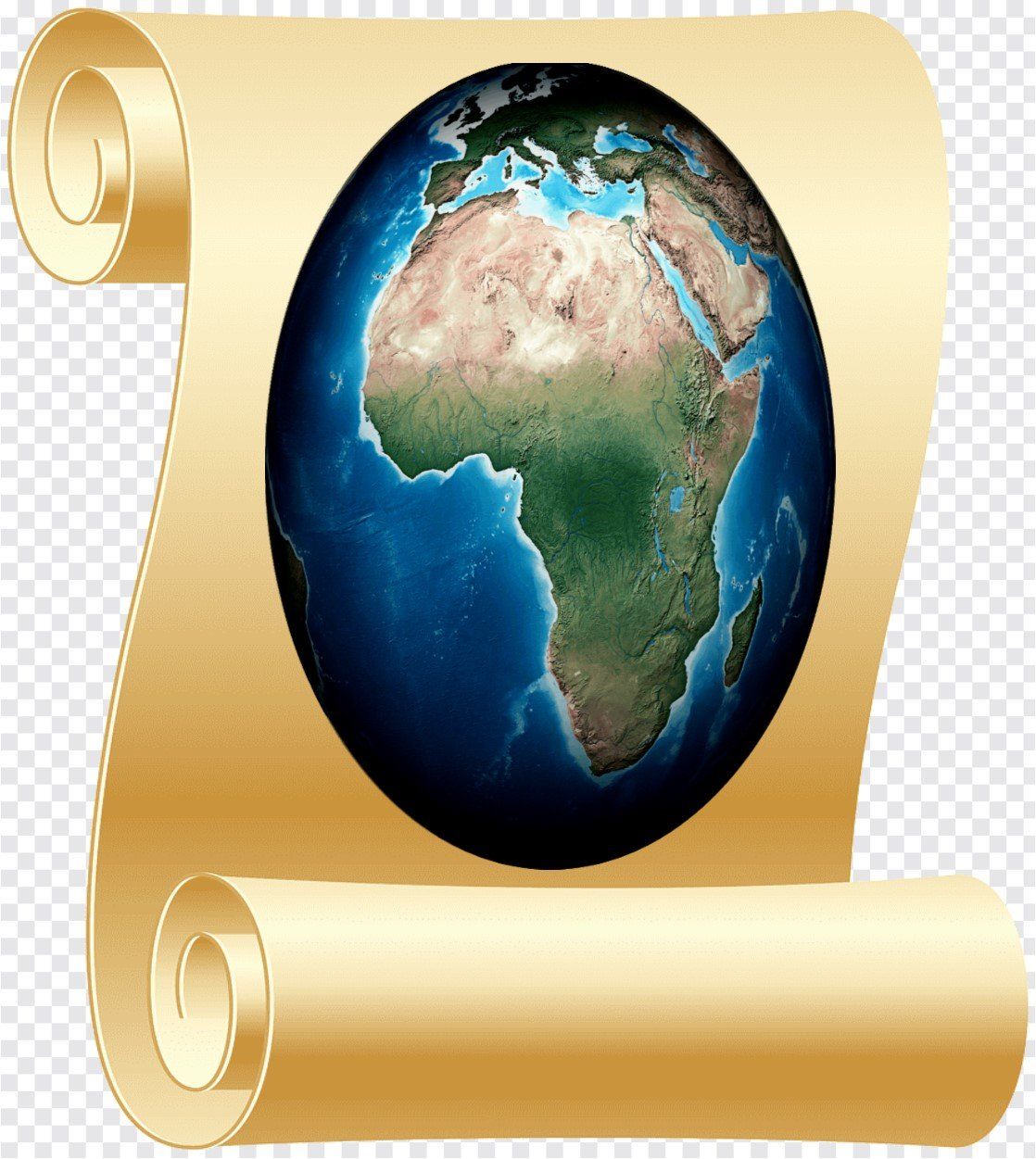Kimungu Madhabahuni – Symbol of Living Values
- By kwende ukaidi
- •
- 11 Mar, 2020
- •
Celebrating Kimungu Madhabahuni

The harmonious complementarity of Afrikan living is a living of oneness with the Creator Supreme and the sacred universe. This is natural order for the Afrikan soul cultivated and enshrined within the virtues and values of the Afrikan way. There are a number of value sets within progressive Afrikan life fabric. There is Maat with its Fadhila Saba (Seven Virtues) of Ukweli (Truth), Jaji (Justice), Haki (Righteousness), Kubadilishana (Reciprocity), Usawa (Balance), Maelewano (Harmony) and Ili (Order). There is also the Nguzo Saba (Seven Principles) of Umoja (Unity), Kujichagulia (Self-Determination), Ujima (Collective Work and Responsibility), Ujamaa (Cooperative Economics), Nia (Purpose), Kuumba (Creativity) and Imani (Faith). These Afrikan value sets are not mutually exclusive. These empowering values do not exist as an ‘either – or’ dichotomy. Rather, they are a part of the harmonious and complementary foundational whole of Afrikan life. Each value set is part of spirit life’s interwoven, interconnected, interrelated fabric. With oneness in living from shared complementary values Afrikans express oneness of spirit amongst themselves as the natural norm. It is at this core and rooted level that coming together necessarily goes way beyond the mere aesthetic of collected number. Here, Afrikan spirit is realised in oneness of substance and mission from the microcosm of Afrikan male-female relations of intimacy to nationhood destiny. Thus, values are a vital part of the living Afrikan shrine.
In celebrating the living Afrikan shrine physical shrine spaces can reflect the oneness of Afrikan shared values. For example, a shrine can have symbols of Maat as well as symbols of the Nguzo Saba to reflect the rich substance of spirit oneness. A Kinara (Candle Holder) with the Mishumaa Saba (Seven Candles) with the colouration of Nyekundu (Red), Nyeusi (Black) and Kijani (Green) beautifully complements a figurine of Maat. Likewise, an Nguzo Saba poster beautifully complements the script of the Fadhila Saba of Maat and the Maatian declarations of innocence.
Whilst specific Afrikan value sets can be highlighted or given special celebratory focus during a particular annual observance, values are all-year-round essential base.
Of course, the wicked foreign forces of anti-Afrikan agency are hell bent on the destruction of Afrikan oneness at all levels. The horrific Maafa of recent centuries is a terror-laden testament to such dire wickedness. Thus, it is surely imperative that Afrikan souls make every effort to restore rooted oneness to the their lives. For it is at the spiritual and cultural foundational level upon which other life expressions can be made manifest in natural wholesomeness.
The Afrikan can now do away with any fallacious anti-Afrikan propaganda that suggests ancient Afrikan life has no bearing on present and future reality. The Afrikan can do away with the fallacy that the Afrikan on the continent of Afrika is distinct and discrete in isolation to the Afrikan of the diaspora. The Afrikan can do away with the fallacy that Afrikan spiritual and cultural fabric of oneness is not of continual flow from the most ancient of times into the now and eternity to come. The Afrikan can do away with the fallacy they are not the originators and continuous genius filled developers of civilisation of pinnacle order. The Afrikan can do away with the fallacy that creative restoration of essential living is somehow oppositional to grand continuum of Afrikan ascension that has been with this marvellous spirit people since the beginning.
The mighty substance of Maat contains the virtue of Ukweli (Truth). The Ukweli (Truth) of the Nguzo Saba is progressive Afrikan reality. This is living truism. This is Maat. This is the Nguzo Saba. The divide and rule, fragmentation and outright destructive agenda of the anti-Afrikan cannot stand. The magnificent primary souls of creation will continue to celebrate their living shrines and physical shrine spaces in oneness of being, protected and in continual spiritual and cultural elevation.
Kimungu Madhabahuni is a time of year to celebrate the Afrikan shrine at home and beyond. Kimungu Madhabahuni takes place during the holiday period associated with the spring equinox. At this time many people are away from the mundane of the various institutions albeit largely as a dictate of presently popular foreign religious doctrine. This therefore, can allow many more Afrikan people the time and space to restore, elevate and be themselves freely in reverence at their own special places.Throughout the annual cycle of the spiritual and cultural calendar of the Universal Royal Afrikan Nation observance to observance, Afrikan life is endowed with the essential of living knowingness. For the Afrikan souls, being a part of an organ for mission ascendancy is key. The Universal Royal Afrikan Nation is a spiritually and culturally rooted organ for Afrikan ascension.
The Universal Royal Afrikan Nation (URAN) is an Afrikan-centred spiritual and cultural mission for ascendancy that embodies living spiritually and culturally rooted life. To find out more about URAN and its spiritual-cultural mission for liberty and nationhood click here. The exquisite URAN pendant can be obtained online by clicking here.
In his capacity as an Afrikan-centred spiritual cultural practitioner this author is available for further learning in this regard and also for the carrying out of ceremonies such as naming and name reclamation. For details please click here.
Afrikan World Studies programmes are an important forms of study in understanding the Afrikan experience. There are a range of subjects covered on these programmes including History, Creative Production, Psychology and Religion. To find out more about these learning programmes please click here. For the video promo for these learning programmes click here.
At nominal cost, also consider acquisition of an a4 laminate poster of articulations by this author when visiting the Yemanja institution to enrol, consult, learn, gather or otherwise.
Also, visit www.u-ran.org for links to Afrikan liberation Love radio programme on Universal Royal Afrikan Radio online.
